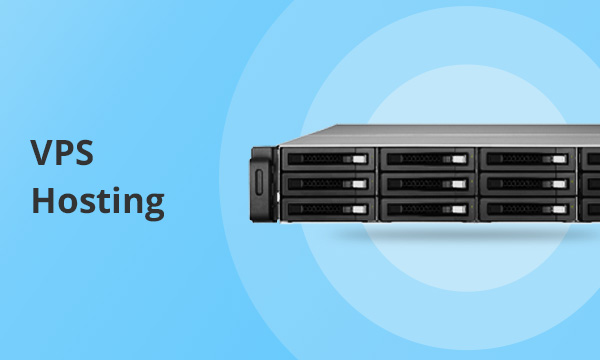Cloud or Dedicated – What Should I Choose?

For most small business web hosting requirements, cloud hosting solutions offer web server resource scalability options that compete at an equivalent price level as dedicated server hardware for top traffic websites. Many cloud platforms use one web server stack software that will not support the custom software requirements of legacy web applications or databases, making dedicated server plans a necessity. In most cases, cloud hosting plans offer a “plug & play” PaaS option that tiny business owners can transfer existing websites to for better web server performance at scale with the integrated page caching. Dedicated servers provide base hardware resources that developers can custom install with the programing language extensions, tools, utilities, and third-party frameworks required to program complex, database-driven web, and mobile applications. Over-provisioning dedicated server hardware for web and mobile applications can cause better performance vs. shared hosting ...


